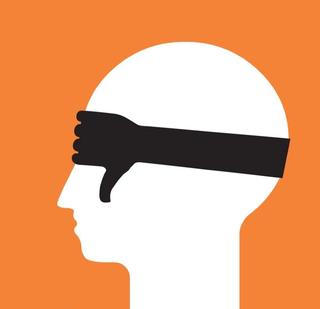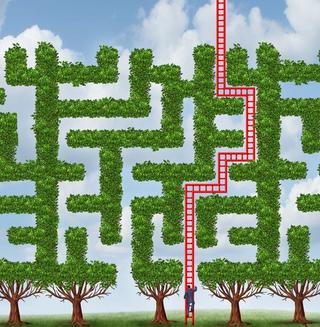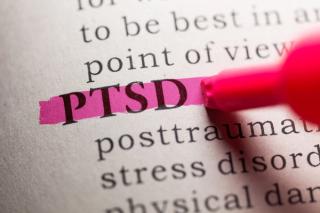
Anxiety & Stress Disorders
Latest News
Latest Videos
Podcasts
CME Content
More News

In mice models, opioid delta-receptor agonists showed promise in helping to relieve abdominal pain and regulate bowel movements. Is targeting the brain the best path forward for IBS treatment?

Meditation using immersive virtual reality devices can help alleviate symptoms of major depressive disorder and generalized anxiety disorder.

How does affluence impact mental health outcomes?

Clinicians should consider rTMS as an intervention to alleviate OCD symptoms, especially in those who have failed other treatments or those with comorbid depression.

With MM120 in phase 3 in the MindMed trial, what place do psychedelics hold in psychiatry?

MindMed announced phase 3 study of psychedelic MM120 for Generalized Anxiety Disorder.

MindMed announced phase 3 of a trial testing a new treatment for generalized anxiety disorder is under way.

Let's look back on a year marked by advancements and ongoing challenges in psychiatry.
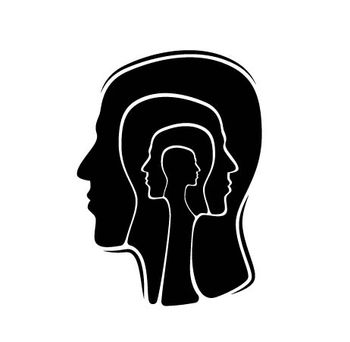
Here are 4 means of coping with the diagnostic uncertainty of bipolar mixed states.
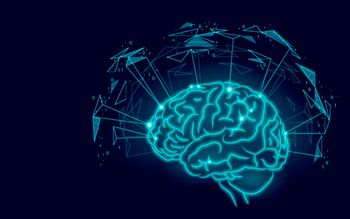
The FDA has granted clearance to the Horizon Inspire transcranial magnetic stimulation system to treat major depressive disorder, obsessive-compulsive disorder, and anxious depression.

How can you distinguish bipolar mixed states? Stay tuned in this short series.

It’s time to address adult ADHD.

A new study shows that rTMS has moderate therapeutic effects on OCD severity.

Recent research has highlighted important functional aspects of vitamin D. Learn more here.

There is still no formal or professional recognition of complex PTSD as a very different disorder than what DSM-5-TR describes for PTSD.

Is the complex posttraumatic stress disorder diagnosis being used to avoid the diagnosis of borderline personality disorder?

DaylightRx becomes the very first FDA-cleared digital treatment for generalized anxiety disorder.
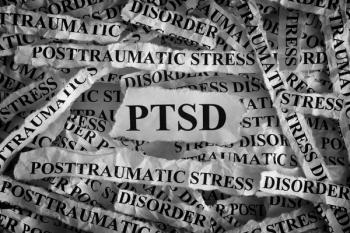
While new treatment options in the PTSD space can be exciting, we cannot lose sight of the treatments that are already readily available.

For older adults, hoarding disorder can have serious consequences. Examine this case study to learn more.

In this CME article, learn more about how to assess the impact of alcohol and cannabis use on anxiety treatment outcomes, recognizing potential adverse effects and interactions.

A book for all psychiatrists with woman patients and for all parents.

Social anxiety disorder: increased screening and recognition are essential for proper diagnosis, and psychotropic and psychotherapeutic options can be effective.

Perinatal mood and anxiety disorders affect 1 in 5 of perinatal individuals who are pregnant or up to 1 year postpartum. Over the past 2 decades, the US has seen an alarming rise in these disorders.

Careful consideration of the complex interplay between cultural identities, associations with beauty, and body-focused repetitive behaviors, may improve case conceptualization and treatment outcomes.

Guidelines from the World Health Organization's Mental Health Gap Action Program support nonspecialist health workers providing evidence-based treatments in underresourced regions.









